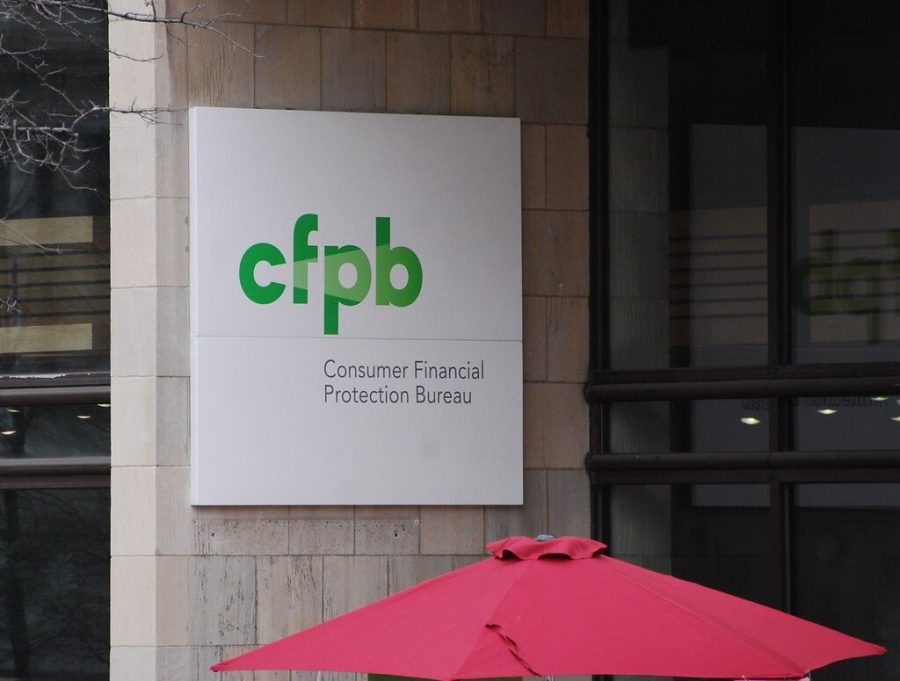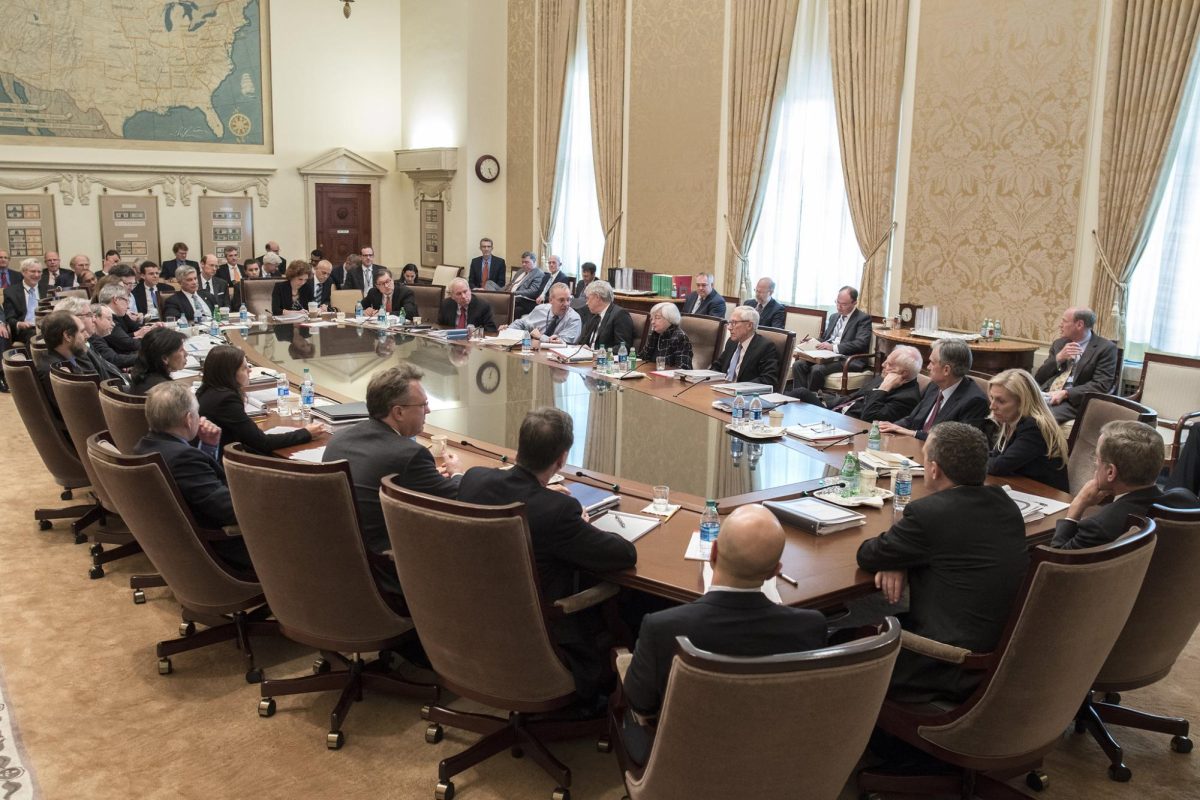The Consumer Financial Protection Bureau released a policy statement in which it set a standard for “abusive” acts in the financial services industry after nearly a decade of uncertainty on Jan. 24.
In the policy statement, the CFPB has determined that it will pursue legal action against financial companies if “the harms to consumers from the conduct outweigh its benefits to consumers” and “will generally avoid challenging conduct as abusive that relies on all or nearly all the same facts that the Bureau alleges are unfair or deceptive.”
Another focal point of the statement is that the agency will not pursue certain monetary relief if the covered person was making a “good-faith” effort to comply with consumer financial laws.
This would have a major impact on the agency’s ability to prove in a court of law if a company was acting in bad faith when abusing consumer finance laws.
These new sets of policies would make it harder for the CFPB to enforce its standards and some companies would be able to escape monetary penalties under the “good-faith” policy, according to Bloomberg Law.
In the same policy statement, “I am committed to ensuring we have clear rules of the road and fostering a culture of compliance – a key element in preventing consumer harm,” said Kathleen Kraninger, director of the CFPB.
Christopher Peterson, a former special advisor to the office of the director at the U.S. Consumer Financial Protection Bureau who had worked with the Bureau’s enforcement took to twitter to criticize the new policies.
“Every American consumer deserves law enforcement that is creative and flexible enough to protect them from abusive financial practices. @CFPB’s policy will embolden the worst actors in consumer finance to be more reckless and indifferent to the welfare of their customers,” said Peterson in his tweet.
In its quest to be able to define the “abusive” standard, the CFPB held a symposium with eight prominent academics, both in government and private practice, to weigh in on the decision.
Among those eight academics, three had previously worked for top tier white-collar defense firms and one is still currently employed at one.
Critics of the “abusive” standard have long claimed that the Dodd-Frank Wall Street Reform and Consumer Protection Act, enacted in 2010 following the 2008 financial crisis, did not properly define what constitutes the “abuse” standard and claim that it has made it difficult for financial institutions to comply with the law.
Since its creation, the CFPB has brought 32 enforcement cases with the use of the abusive practices, including cases against a company that scammed 9/11 first responders out of money that was intended to cover medical costs and an illegal tax-refund loan that targeted members of the Navajo Nation.
The CFPB is unique as it had the authority to pursue legal action against financial service providers whose services take advantage of the consumer and their money, as reviewed and deemed so by the Bureau.












